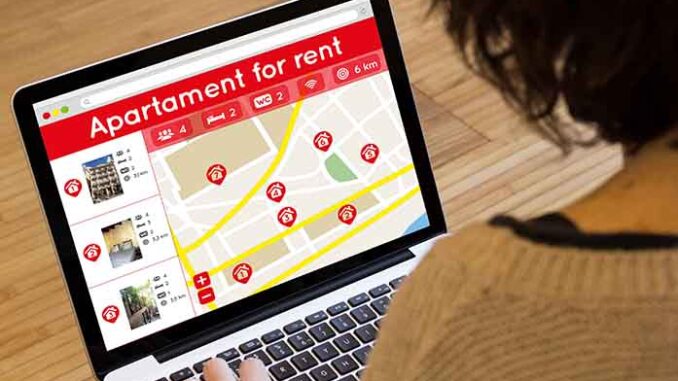
On Thursday, Governor Katie Hobbs vetoed Senate Bill 1184, which would have provided some economic relief to hard-strapped renters across Arizona. It is the governor’s 14th veto in just one month.
Specifically, the bill would have prohibited cities from imposing sales tax on rent, and would have eliminated any such taxes in cities where they are currently being collected.
While Hobbs claimed the bill did not guarantee the tax savings would be passed on to renters. the bill did in fact explicitly state that landlords must reduce rent by an amount equal to the eliminated sales tax.
“Rent is the costliest expense for hundreds of thousands of Arizonans, but Governor Hobbs is clearly not amongst their ranks. If she was, she would know that in 70 cities across our state, renters see and pay for a rental tax line item on each monthly bill,” said Sen. Steve Kaiser, who sponsored the bill. “Senate Republicans offered a substantive plan to fight spiking inflation that Hobbs vetoed. Governor Hobbs’ inflation plan? A limited tax exemption for diapers and feminine hygiene products. By her own logic used to veto SB 1184 (municipal tax exemption; residential leases), her proposal would be a tax break for grocery stores, not consumers. Grocery stores, just like landlords, collect and remit tax paid for by consumers. Unlike Hobbs, our citizens don’t have the luxury of falling back on the semantics of tax collection, they feel the hurt of onerous taxation in their wallets.”
“It is clear Governor Hobbs, just like the city special interests that lobbied her to veto SB 1184, need to move as much money from Arizonans’ pockets to government coffers,” concluded Kaiser. “How else could they pay for her big government ideas and inflated state budget?”
Hobbs was accused by other observers as caving to the cities and towns that charge and collect rental tax revenues. The municipalities argued that their cities could not absorb the costs of the cuts without being forced to either reduce services or raise other taxes to deal with the shortfall.
But Senate President Warren Petersen disagrees, and believes that state and local governments in Arizona are financially strong.
“From fiscal years 2019 to 2022, state-shared revenues from both sales and income taxes combined grew by $330 million, or 27%. This increase is on top of any sales taxes or property taxes individually levied by each city. Between this fiscal year and next, those shared revenues are expected to grow by an additional $889 million,” argues Petersen.
Petersen also pointed to data forecasting that over the next four fiscal years, municipalities are estimated to receive an average of $2.3 billion per year in state-shared revenues, which would be an increase of $844 million over the average for the past four fiscal years. Petersen believes that cities and towns will be receiving more than enough money in state-shared revenues to offset these tax cuts.
